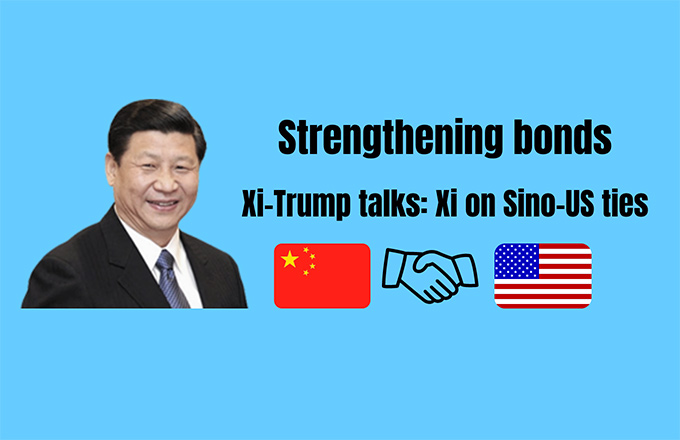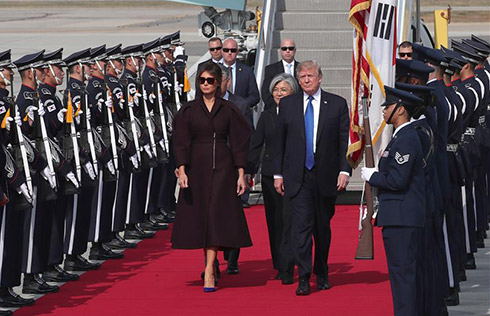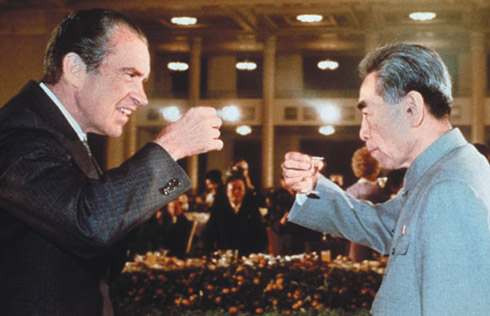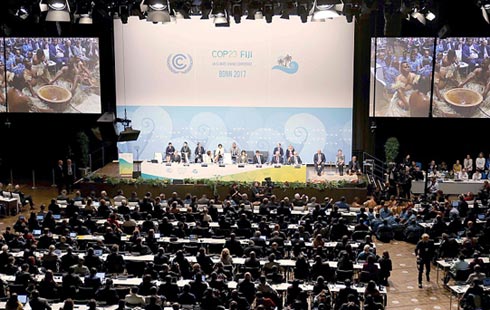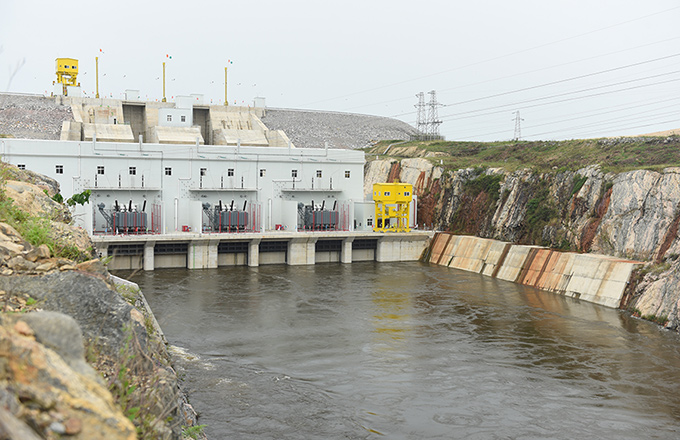UK set to be swamped with waste after China's import ban
The head of the United Kingdom's recycling association has warned that Britain could soon be "awash" with used paper and plastic because the government has not reacted quickly enough to China's ban on some waste imports.
On Jan 1, China will stop accepting imports of mixed paper and post-consumer plastic products due to concerns about the environment and capacity constraints.
Large sources of waste, including the United States and Europe, rely heavily on the Chinese recycling industry.
Last year, the UK collected 2 million metric tons of mixed paper for recycling and exported 1.1 million tons to China. Around a third of plastics collected for recycling in Europe is exported to China.
Simon Ellin, chief executive of the UK Recycling Association, said the government has been "asleep at the wheel" ever since China announced the ban in July. The decision followed several restrictions on waste imports that were phased in during the last four years.
"We could have a big problem on our hands," Ellin said. "Where is the material going to go? I expect that, in the first quarter of next year, we will see the UK awash with mixed papers."
Michael Gove, the UK's environment secretary, was criticized last week when he told the Environmental Audit Committee he had "not given sufficient thought" to the China ban.
The UK Environment Agency is currently working on a strategy to deal with waste products. It could include storing waste in the UK for an interim period, according to the organization.
The European Commission is expected to address China's import ban at its Strategy on Plastics meeting in December.
Therese Coffey, the UK's resources minister, said the ban may not be all bad news for Britain.
"It gives us an opportunity to reprocess more here, rather than exporting to the other side of the world just because it's a bit cheaper to do so," Coffey told the Environmental Audit Committee last week.
The UK currently recycles 39 percent of its mixed paper. Ellin said it would struggle to deal with more. Cheaper recycling options abroad have led to the closure of hundreds of paper recycling mills in the UK since the 1970s.
Landfill and incineration taxes are high in Europe, and other import markets are likely to be less economical than China, according to Meadhbh Bolger, resource campaigner for Friends of the Earth Europe.
Exporting to China involves a reverse logistics model because European waste exports fill shipping containers that have already arrived from China bearing imported goods.
"We have to think about how much we consume," Bolger said. "Domestic waste is increasing in many Asian countries, and on top of this they are getting huge amounts from other nations. They are telling us that we need to deal with our own waste."







